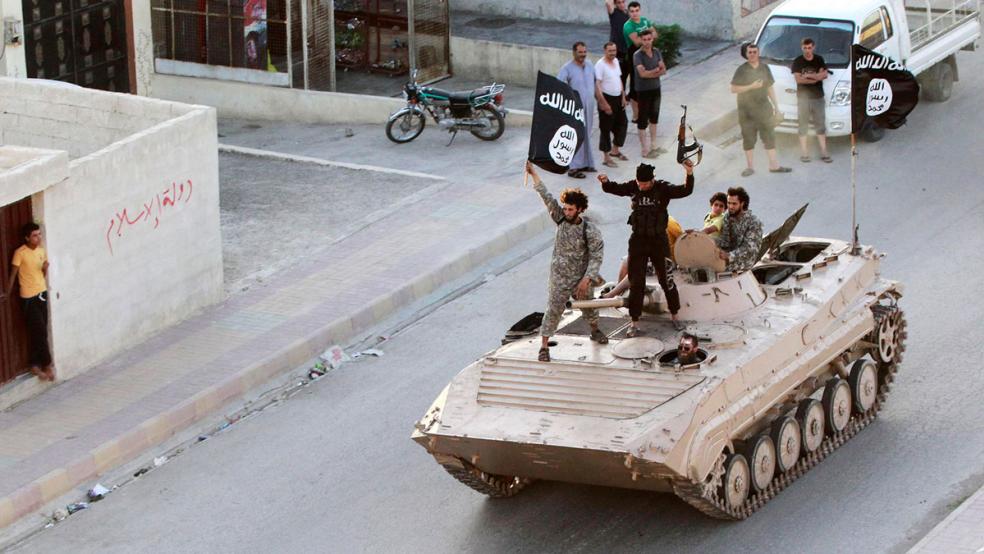One of the greatest fears about the Islamic State’s march across Iraq and parts of Syria in 2014 was that undisclosed or unsecured chemical weapons would fall into the terror group’s hands, adding a horrifying weapon to their arsenal and posing new dangers to allies in Middle East and the U.S. homeland.
On Monday, a diplomat with the Organization for the Prohibition of Chemical Weapons, the world’s leading chemical arms watchdog, told Reuters that lab tests confirmed mustard gas was used last August in the Iraqi city of Erbil, after approximately 35 Kurdish troops fell ill on the battlefield.
The OPCW concluded in October that mustard gas was used last year in neighboring Syria, making this the second such instance.
Related: A New World War? Russia and the US Look for a Way to Cool Down Syria
The latest discovery is sure to spark a round of questions, including how ISIS came into possession of such a terrible weapon. Syria agreed to give up its chemical weapons stockpile after hundreds died in a Sarin nerve gas attack near Damascus in 2013. Western countries blamed that attack on the government of President Bashar al-Assad, which has vehemently denied it.
The latest incident will no doubt come up when the OPCW's 41-member Executive Council meets next month.
The news comes days after Director of National Intelligence James Clapper spoke at a security conference in Munich late last week and warned ISIS wants to use chemical weapons on the United States.
"It is pretty clear that they [ISIS] have used this [chemical weapons] numerous times," said Clapper. "It is very clear aspirationally they would like to do more and it is a concern to us in the United States because the indications are that they would like to use chemical weapons against us."
Related: Russia’s Latest Weapons Sale to Iran Shifts the Balance of Mideast Power
Central Intelligence Agency chief John Brennan echoed those remarks during an interview with CBS’ “60 Minutes” over the weekend.
“There are reports that ISIS has access to chemical precursors and munitions that they can use. The CIA believes that ISIS has the ability to manufacture small quantities of chlorine and mustard gas,” he said.
Pressed if such materials could be exported to the West, Brennan replied, “I think there's always the potential for that. This is why it's so important to cut off the various transportation routes and smuggling routes that they have used.”
Related: Here’s Who ISIS Would Vote for in the US Presidential Election
“U.S. intelligence is actively involved in being a part of the effort to destroy ISIL and to get as much insight into what they have on the ground inside of Syria and Iraq,” he added.
If ISIS has used mustard gas --- which was used with deadly effect in World War I and which burns to the eyes, skin and respiratory system severely – there’s little reason to believe they won’t use it again, most likely in Iraq.
The U.S.-led military campaign is planning a major offensive to take back Mosul, Iraq’s second largest city, which fell to extremists in the summer of 2014.
Defense Department officials and allies might have to factor in the possibility of chemical warfare in retaking the city, possibly by providing additional equipment to protect liberating forces against such an attack or possible booby-traps left by ISIS.
Any delay gives the terror group more time to dig in its heels and prepare for the coming siege, making the task of recapturing Mosul that much harder.





